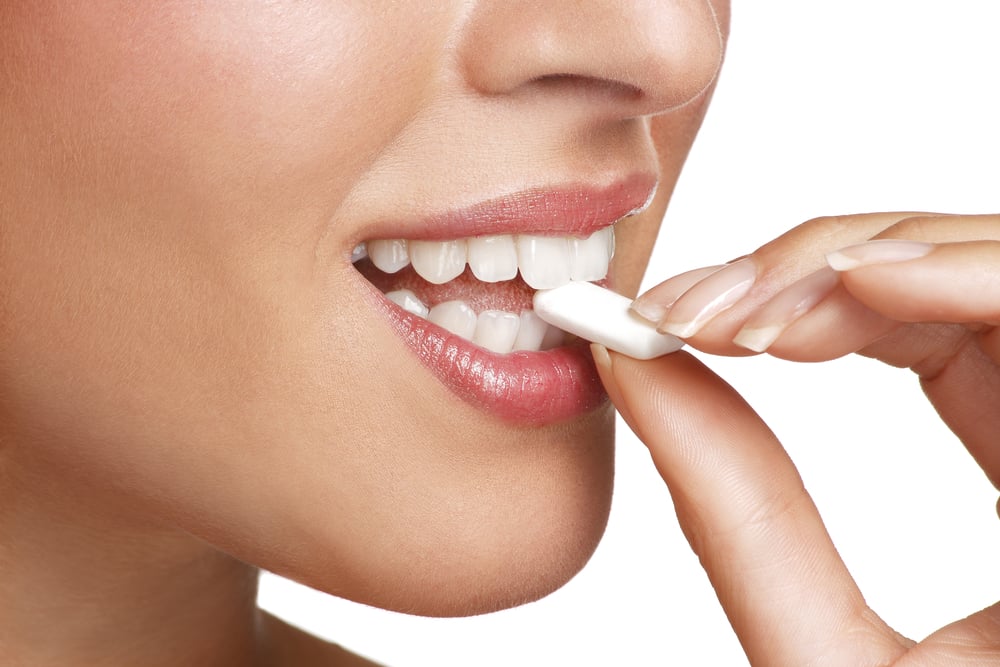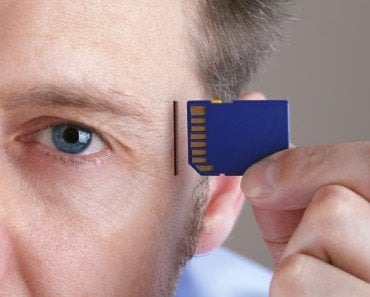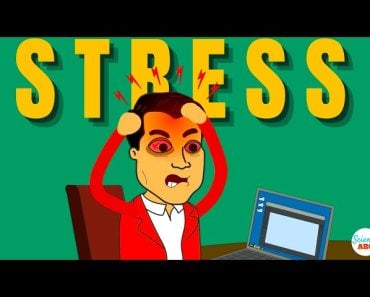Table of Contents (click to expand)
Chewing gum isn’t just a fad for cool teenagers. Athletes also chew gum during games, which may help increase blood flow to the muscles of the body, and potentially help players focus on the game.
To all football fans worldwide, I’m sure you know how tense every Liverpool fan was as they watched their club fail to grab the impossible quadruple during the 21/22 season. I watched all their games religiously and couldn’t help but notice how many footballers chew gum while playing! I’d seen this for years, but never really thought much of it until now. I always thought of it as a choking hazard, so why would they risk it?
Recommended Video for you:
Chewing Gum Increases Response Time And Improves Concentration
Who would have thought that chewing gum affects cognition, but studies have found a link between chewing and brain function.
When we chew something, the receptors in our mouth that sense taste and pressure from the jaw movements start firing and sending electrical signals to the brain. These electrical nervous system signals move to the brain, which works to understand these signals. This added brain activity places the mind in a more alert state, which is why focus and concentration are improved.
Additionally, increased brain activity means more energy for those mental metabolic processes, so blood flow to the brain also increases while chewing. The greater blood demand from the brain makes the heart beat quicker so it can supply what is needed.
To sum it up, chewing activates the receptors in our gums that send information to the brain. The added bonus of an increased heart rate also allows the muscles to receive more blood.
So now you may be wondering… does this mean that the harder you chew, the better the focus levels? Yes… to an extent. Chewing harder gum does boost attention more than softer gum. Similarly, chewing flavored gum is better for cognitive functioning, as it activates more receptors in the mouth than chewing flavorless gum.
This is why so many professional footballers and basketball players chew gum. They think faster and it speeds up their actions and reflexes.

Chewing Gum Lowers Stress Levels
Chewing gum is also reported to decrease stress and anxiety levels, which helps improve focus.
The brain activity sparked by chewing gum occurs in the prefrontal cortex, the brain region right behind our forehead. Once this region is stimulated, it makes our serotonergic neurons fire. Such neurons release serotonin, a “feel-good” neurotransmitter that relaxes the mind.
So, the next time you get exam jitters, try chewing gum while taking the test!

With lower stress levels and better focus, athletes have better decision-making abilities in the middle of the game. They pick out the better pass or make the best possible move at the best possible time. It also helps them keep their anxiety levels in check during big games like a final match or a title decider.
Chewing Gum Keeps The Mouth Moist
Most athletes are constantly running throughout their game or event. Footballers run around 6-7 miles per game. The mouth becomes quite dry without regular water breaks, as the player becomes dehydrated from running around. You have likely felt something similar during an intense game or workout.
When you chew gum, your mouth makes saliva. It’s the body’s natural response, as saliva contains enzymes that help break down food. Saliva is 99% water, so it helps to keep the mouth moist and stops dry mouth. This also helps the players keep their thirst levels in check on the field.

A Final Word
Athletes chew gum to gain a competitive advantage. At such high levels, the tiniest differences can go a long way, but don’t misinterpret the science. Chewing gum won’t make you twice as focused. It just gives your body a little boost.
I should warn you to be careful if you’re chewing gum while working out or playing a sport. Contact sports like football or rugby, where you may be tackled to the ground, can force you to swallow your gum and perhaps choke. It is always safer to chew just one piece to reduce this choking risk.
Another performance enhancement that athletes use is caffeine. Athletes use coffee’s special component to boost their endurance, alertness and heart rate. That might be why Liverpool right-back Trent Alexander Arnold likes to down a Red Bull before every game.
Now, science has combined these two super ingredients in the form of a caffeinated chewing gum. Often, athletes will have a caffeine-rich beverage or ingest a caffeine pill before a game, but caffeinated chewing gum would give athletes the benefits of both chewing and caffeine.
It will be healthier than drinking an energy drink, and the body can easily absorb the caffeine from the chewing gum.
That said, it wouldn’t be wise to pop copious amounts of gum before a workout or big match. Remember that little warning mentioned on the packets of gum? Too much chewing gum can make you feel like pooping, as the sugars used in chewing gum can have a laxative effect!
References (click to expand)
- Evans, M., Tierney, P., Gray, N., Hawe, G., Macken, M., & Egan, B. (2018, May 1). Acute Ingestion of Caffeinated Chewing Gum Improves Repeated Sprint Performance of Team Sport Athletes With Low Habitual Caffeine Consumption. International Journal of Sport Nutrition and Exercise Metabolism. Human Kinetics.
- Yaman‐Sözbir, Ş., Ayaz‐Alkaya, S., & Bayrak‐Kahraman, B. (2019, June 14). Effect of chewing gum on stress, anxiety, depression, self‐focused attention, and academic success: A randomized controlled study. Stress and Health. Wiley.
- Allen, A. P., & Smith, A. P. (2015). Chewing Gum: Cognitive Performance, Mood, Well-Being, and Associated Physiology. BioMed Research International. Hindawi Limited.
- Allen, A. P., & Smith, A. P. (2012, July). Effects of chewing gum and time-on-task on alertness and attention. Nutritional Neuroscience. Informa UK Limited.
- Hirano, Y., & Onozuka, M. (2015). Chewing and Attention: A Positive Effect on Sustained Attention. BioMed Research International. Hindawi Limited.
- K Kurokawa. The effects of gum chewing on the body reaction time. Tokyo Dental College













